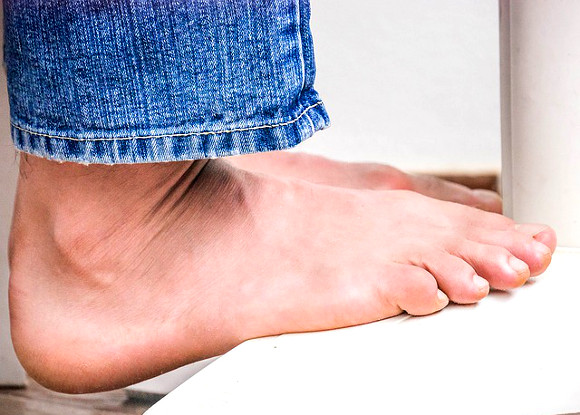Being overweight means that you eat more calories than you burn. Eating too much and not exercising enough leads to a surplus of calories, and your body saves the excessive amount of calories as body fat. Too much body fat leads to being overweight or obese. This is not only extremely inconvenient and unattractive, but it’s also very unhealthy.
Today there are tons of products that claim that you can lose weight without exercising, but the question is are these claims true and is it healthy to lose weight in this way? Losing weight is good for you, but one way that really works is the old fashioned way: having a healthy and balanced diet and exercising. If you don’t do anything about your weight at all, you have a higher risk of getting cardiovascular diseases or diabetes. If you are obese and your start losing weight the sensible way, the risk of getting those diseases decreases.
Wondering how much weight you should lose? There is the Body Mass Index (BMI) for that. There’s a specific formula to get your BMI but there are also BMI charts and you can calculate your BMI online as well. If you do the calculation and the answer is 18.5 or lower, you are underweight, if it’s higher than 25 you are overweight. Obesity is when your BMI is over 30. The ideal body weight would be a BMI of 19-24.
Important! Please consult your doctor if you have any health problems and problems with your weight.

The health risks of being overweight and obese
These are the most common health risks of being overweight and obese:
- Type 2 diabetes
- Coronary heart disease
- Hypertension (high blood pressure)
- Some types of cancer
- Dyslipidemia (high levels of triglycerides)
- Stroke
- Liver and Gallbladder disease
- Sleep apnea and breathing problems
- Gynecological problems (abnormal periods and infertility)
- Osteoarthritis (a breakdown of cartilage and bone in a joint)
Few basic health tips
If you want to be healthy and feel good, you must have a healthy body weight.
1. You shouldn’t eat too much and when you do eat, eat healthy meals.
2. This one might seem obvious, but try not to eat too much fatty and sugary foods. Use vegetable oils instead of full fat butter and don’t snack too much.
3. Eat whole wheat bread and potatoes in moderation. This contradicts a lot of diets but whole wheat bread and moderate amount of potatoes are the base for good nutrition. Don’t cut down on brown rice, whole wheat pasta and legumes either.
4. Eat plenty of fruits and vegetables. The rule is: two ounces of vegetables and two portions of fruit per day.
5. Make sure your body weight is healthy. Exercise regularly and eat wisely.
6. Don’t use too much salt. Our body needs salt, but only in a small amount. You can season your food with herbs and spices.
7. Drink a lot of liquids, but don’t drink too much alcohol. Drink at least 8 cups of water or unsweetened liquids (tea or freshly squeezed juices) a day, but don’t drink more than two glasses of alcohol, preferably not every day.
8. Don’t eat all day. Three main meals a day are a good basis. Don’t snack too much between those meals.
9. Be hygienic with your food. Wash your hands a lot, be careful when eating leftovers and keep raw and prepared food separated.
10. Read the package. On the package you can find the shelf life of products, the ingredients and the nutrition facts.
It’s wiser to follow these tips and exercise regularly. So start today and do something good for your body and health.



